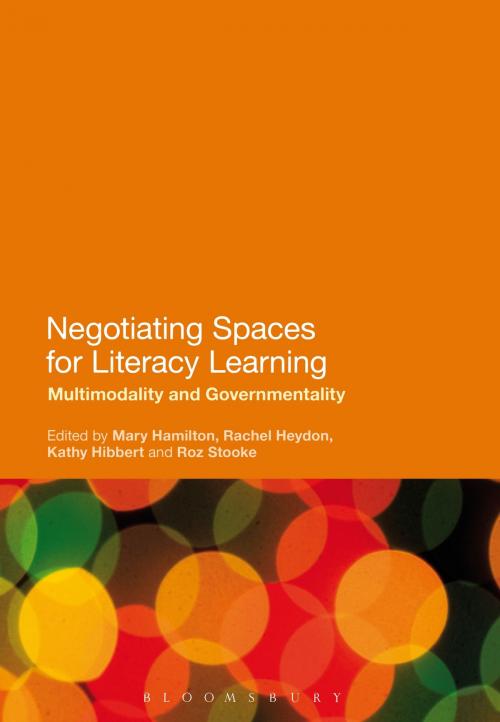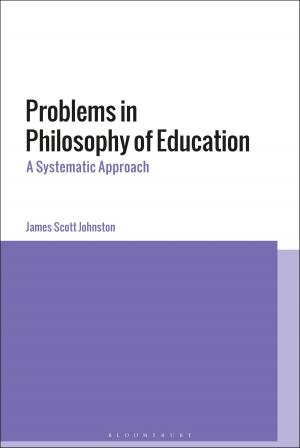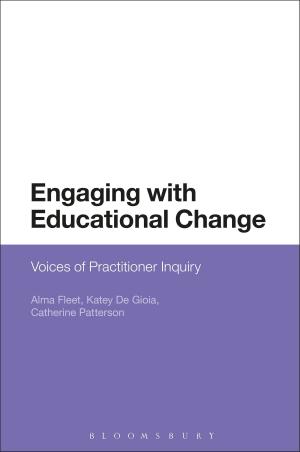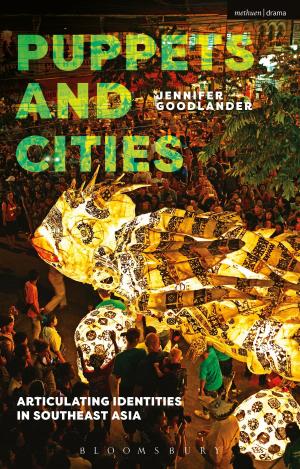Negotiating Spaces for Literacy Learning
Multimodality and Governmentality
Nonfiction, Reference & Language, Language Arts, Literacy, Education & Teaching, Teaching, Teaching Methods| Author: | ISBN: | 9781472587473 | |
| Publisher: | Bloomsbury Publishing | Publication: | May 21, 2015 |
| Imprint: | Bloomsbury Academic | Language: | English |
| Author: | |
| ISBN: | 9781472587473 |
| Publisher: | Bloomsbury Publishing |
| Publication: | May 21, 2015 |
| Imprint: | Bloomsbury Academic |
| Language: | English |
Negotiating Spaces for Literacy Learning addresses two paradoxical currents that are sweeping through the contemporary educational field. The first is the opening up of possibilities for multimodal communication as a result of developments in digital technologies and the sensitivity to multiliteracies. The second is the increasing pressure from standardised testing, accountability and performance measurement which pull curricular and pedagogical practices out of alignment with the everyday informal practices and interests of teachers and learners and narrow opportunities for diverse expressions of literacy.
Bringing together an international team of scholars to examine the tensions and struggles that result from the current educational climate, the book provides a much-needed discussion of the intersection of technologies of literacies, education and self. It does so through diverse approaches, including philosophical, theoretical and methodological treatments of multimodality and governmentality, and a range of literacies - early years, primary school, workplace, digital, middle school, secondary school, indigenous, adult and place. With examples taken from all stages of education and in several countries, the book allows readers to explore a range of multimodal practices and the ways in which governmentality plays out across them.
Negotiating Spaces for Literacy Learning addresses two paradoxical currents that are sweeping through the contemporary educational field. The first is the opening up of possibilities for multimodal communication as a result of developments in digital technologies and the sensitivity to multiliteracies. The second is the increasing pressure from standardised testing, accountability and performance measurement which pull curricular and pedagogical practices out of alignment with the everyday informal practices and interests of teachers and learners and narrow opportunities for diverse expressions of literacy.
Bringing together an international team of scholars to examine the tensions and struggles that result from the current educational climate, the book provides a much-needed discussion of the intersection of technologies of literacies, education and self. It does so through diverse approaches, including philosophical, theoretical and methodological treatments of multimodality and governmentality, and a range of literacies - early years, primary school, workplace, digital, middle school, secondary school, indigenous, adult and place. With examples taken from all stages of education and in several countries, the book allows readers to explore a range of multimodal practices and the ways in which governmentality plays out across them.















